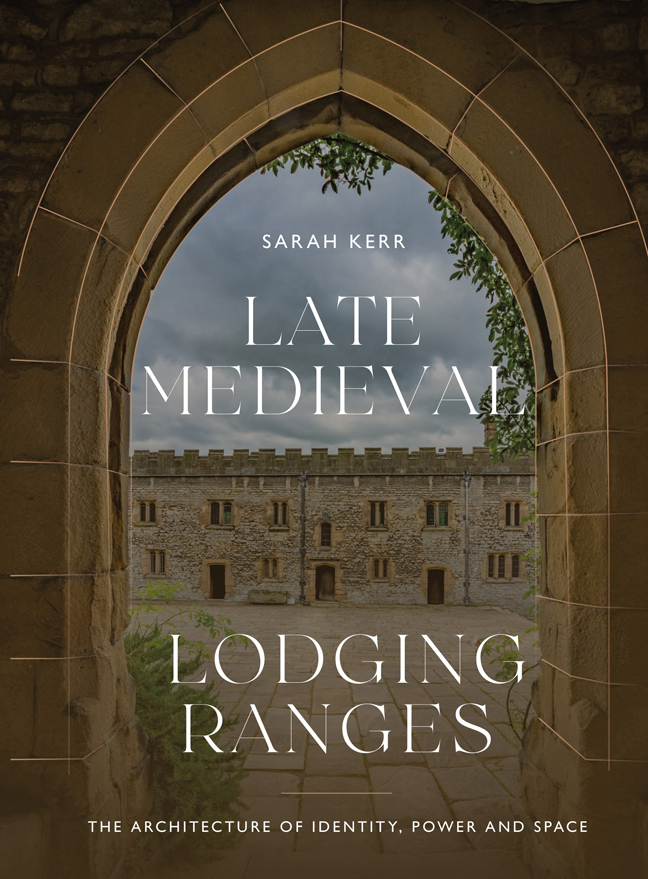Book contents
- Frontmatter
- Dedication
- Contents
- List of Illustrations
- Preface and Acknowledgements
- List of Abbreviations
- Introduction: What are Lodging Ranges?
- 1 A Room of One's Own
- 2 Expressions of Individuality and Collectivity
- 3 The Theatre of Display
- 4 The Spaces Between
- Envoi: Narratives in Stone and Space
- Glossary
- Gazetteer A
- Gazetteer B
- Bibliography
- Index
- Miscellaneous Endmatter
3 - The Theatre of Display
Published online by Cambridge University Press: 21 February 2024
- Frontmatter
- Dedication
- Contents
- List of Illustrations
- Preface and Acknowledgements
- List of Abbreviations
- Introduction: What are Lodging Ranges?
- 1 A Room of One's Own
- 2 Expressions of Individuality and Collectivity
- 3 The Theatre of Display
- 4 The Spaces Between
- Envoi: Narratives in Stone and Space
- Glossary
- Gazetteer A
- Gazetteer B
- Bibliography
- Index
- Miscellaneous Endmatter
Summary
THE POWER PLAY
The focus of Chapter 2 stresses the ways in which medieval buildings reflected and were part of the construction and performance of identities. By looking closely at the architecture of lodging ranges we were able to consider their role in constructing and maintaining the identity of retainers, as individuals and as a collective, through features such as individual doors. This chapter now turns to the lord and scrutinises how his or her identity was displayed and received through lodging ranges in the great house. It will once again touch on the construction of identity; however, this time the identity is one actually created by the individual, rather than imposed upon them by someone else, as with the retainers. Constructing one's own identity does not mean it is any less contested, inaccurate, or even propagandistic.
This chapter retains the focus on the function of the building rather than the use; that is, the reason beyond the utilitarian for which it was created. As before, the function is considered to have been to communicate meaning to the medieval audience. Therefore it adds another layer of meaning to what we know about lodging ranges. With each chapter we understand further why they were built in such a way.
Here it will be argued that the meaning communicated to the medieval audience, in this case, was the lord's idea of their own identity. This might seem an incredibly obvious thing to point out; after all, the entirety of the great house represented the identity of the lord, from the size and style to the decoration and heraldry. There is a considerable amount of literature on how lords displayed their identity through their buildings; however, there is an overwhelming focus on status, rather than the more complex, more messy identity. This focus has helped to determine that status was a crucial consideration in the medieval and late medieval houses, with all elements therein constructed deliberately to portray the correct type of status. Norman Pounds argues that a lord's house was, in essence, ‘a status symbol. It suggested power and rank and it implied that its owner was well able to look after himself. It suggested, further, that its contents were worth protecting.’
While this is an accurate summation, the focus on status in the previous scholarship has led to a consideration that the identity of a lord is synonymous with status only.
- Type
- Chapter
- Information
- Late Medieval Lodging RangesThe Architecture of Identity, Power and Space, pp. 139 - 178Publisher: Boydell & BrewerPrint publication year: 2023

